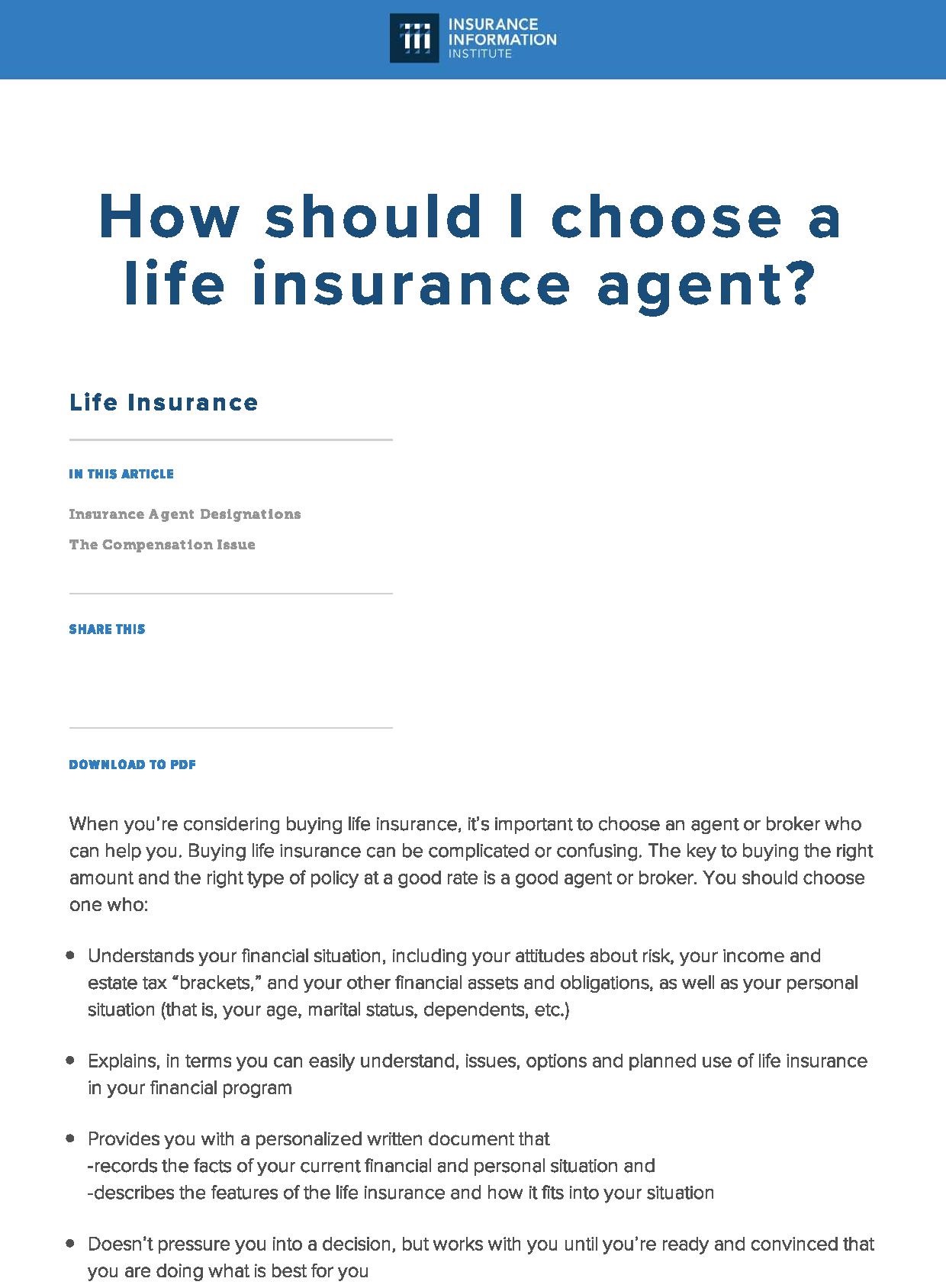Here's what you can anticipate to make at each level, assuming you are at among the leading investment banks (i. e. Goldman Sachs, Morgan Stanley, J.P. Morgan): Financial Investment Banking Experts are typically 21-24 years old with a Bachelor's degree from a leading university. Banks work with experts right out of undergraduate programs.
The payment is normally structured in the type of a signing reward + base wage + year-end bonus offer. Top experts work for 2-3 years and after that get promoted to Partner. Investment Banking Associates are typically 25-30 years of ages. They're either promoted from Analysts or MBAs worked with from business schools. Associates are responsible for handling Analysts and checking Experts' work.
Leading performing Associates generally work for 3-4 years and then get promoted to Vice President. Financial Investment Banking Vice Presidents are often those who have previous financial investment banking Expert or Associate experiences. They're usually 28-35 years of ages. They are accountable for managing the work streams, analyzing what work is needed to be done and ensuring they're done correctly and on time by the Analysts and Associates. By and big, ending up being a bank branch supervisor or loan officer does not require an MBA (though a four-year degree is frequently a prerequisite). Also, the hours are routine, the travel is minimal and the daily pressure is much less extreme. In regards to attainability, these tasks score well. Wall Street employees can usually be classified into 3 groups - those who largely work behind the scenes to keep the operation running (including compliance officers, IT specialists, supervisors and so forth), those who actively offer monetary services on a commission basis and those who are paid on more of a wage plus reward structure.
Compliance officers and IT managers can easily make anywhere from $54,000 into the low 6 figures, once again, frequently without top-flight MBAs, however these are jobs that require years of experience. The hours are generally not as great as in the non-Wall Street personal sector and the pressure can be extreme (pity the bad IT professional if an essential trading system goes down).
The Ultimate Guide To What Jobs Make The Most Money In Finance

In many cases there is an element of reality to the pitches that recruiters/hiring supervisors will make to prospects - the revenues potential is limited only by ability and willingness to work. The https://fortune.com/best-small-workplaces-for-women/2020/wesley-financial-group/ biggest group of commission-earners on Wall Street is stock brokers. A good broker with a high-quality contact list at a solid company can easily earn over $100,000 a year (and often into the millions of dollars), in a job where the broker quite much decides the hours that she or he will work (how to make the most money with a finance and math degree).
However there's a catch. Although brokerages will frequently assist new brokers by providing starter accounts and contact lists, and paying them a wage initially, that wage is subtracted from commissions and there are no guarantees of success. While those brokers who can integrate exceptional marketing abilities with strong monetary guidance can make excellent sums, brokers who can't do both (or either) might find themselves out of work in a month or more, or even forced to repay the "wage" that the brokerage advanced to them if they didn't earn enough in commissions.
In this category are those ultra-earners who can bring house millions (or even billions) in the fattest of the excellent years. A common style across these jobs is that the yearly bonus offers make up a large (if not commanding) proportion of a total year's compensation - how does google finance make money. A yearly salary of $50,000 to $100,000 (or more) is barely starvation incomes, however perks for sell-side experts, sales representatives and traders can go into the seven figures.
When it boils down to it, sell-side junior experts frequently make between $50,000 and $100,000 (and more at larger firms), while the senior experts often routinely take house $200,000 or more. Buy-side experts tend to have less year-to-year variability. Traders and sales associates can make more - closer to $200,000 - however their base pay are often smaller sized, they can see considerable yearly variability and they are among the very first staff members to be fired when times get tough or performance isn't up to snuff.
How Much Money Can You Make With An Accounting And Finance Degree Fundamentals Explained

Wall Street's highest-paid employees often had to show themselves by entering (and through) top-flight universities and MBA programs, and then proving themselves https://www.facebook.com/wesleyfinancialgroup by working ridiculous hours under requiring conditions. What's more, today's hero is tomorrow's no - fat wages (and the jobs themselves) can disappear in a flash if the next year's performance is poor.
Finance jobs are a fantastic way to rake in the big bucks. That's the stereotype, a minimum of. It is real that there's cash to be made in financing. However which positions actually make the most cash? In order to discover out, LinkedIn supplied Business Expert with information gathered through the website's salary tool, which asks verified members to submit their wage and gathers data on salaries.
C-suite titles were nixed from the search. how to make money in finance on your own. LinkedIn computed typical base pay, along with mean overall salaries, that included additional payment like yearly benefits, sign-on perks, stock choices, and commission. Unsurprisingly, the majority of the gigs that made the cut were senior roles. These 15 positions all make a mean base pay of at least $100,000 a year.